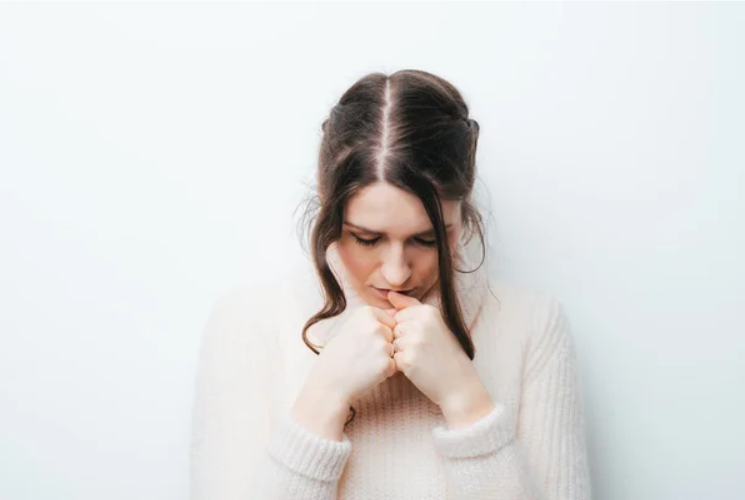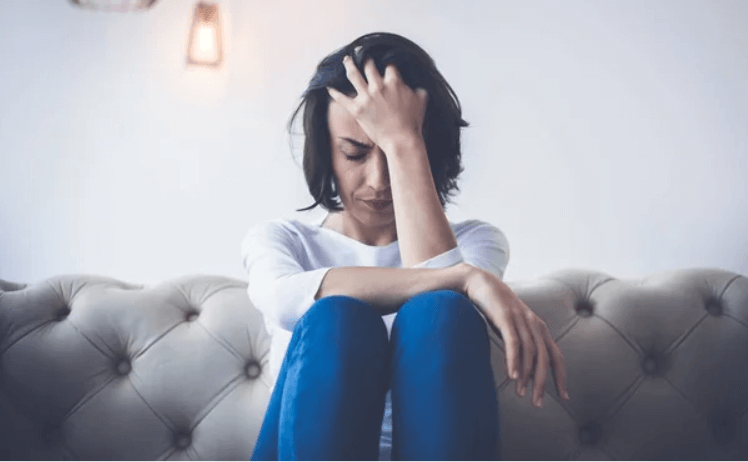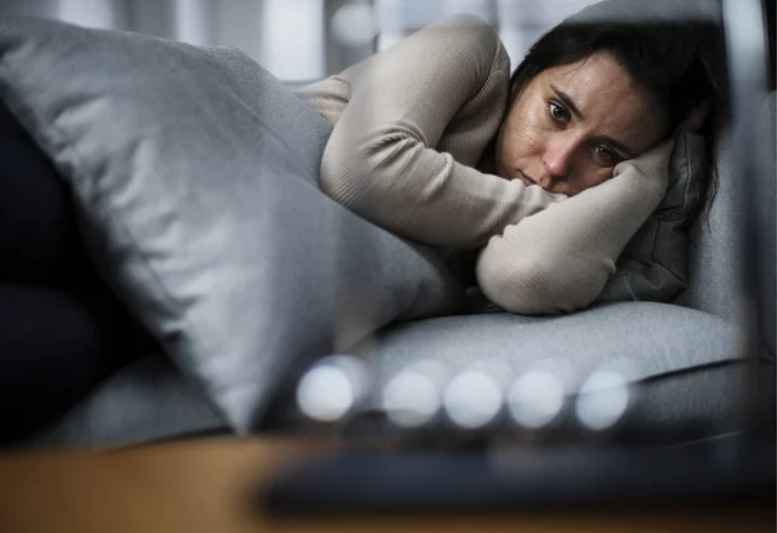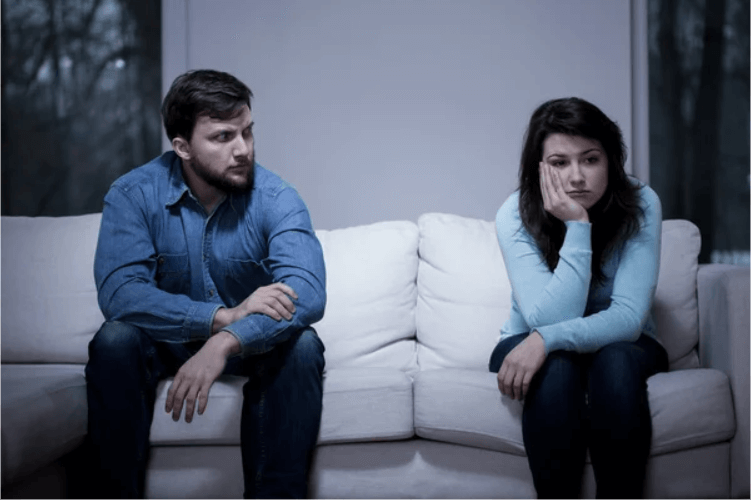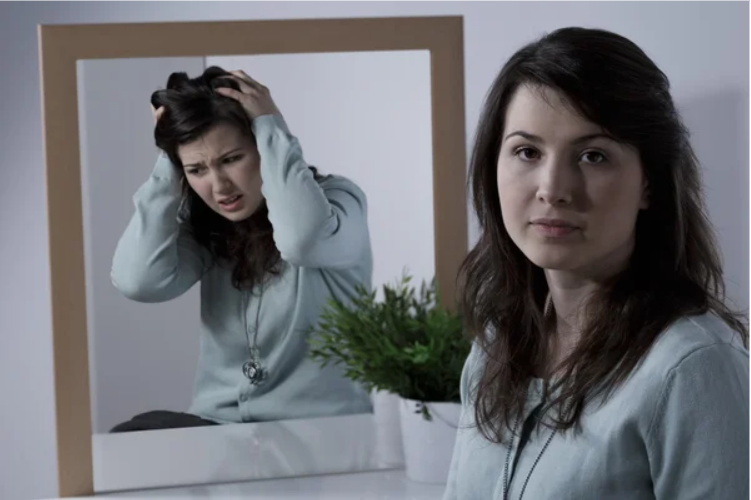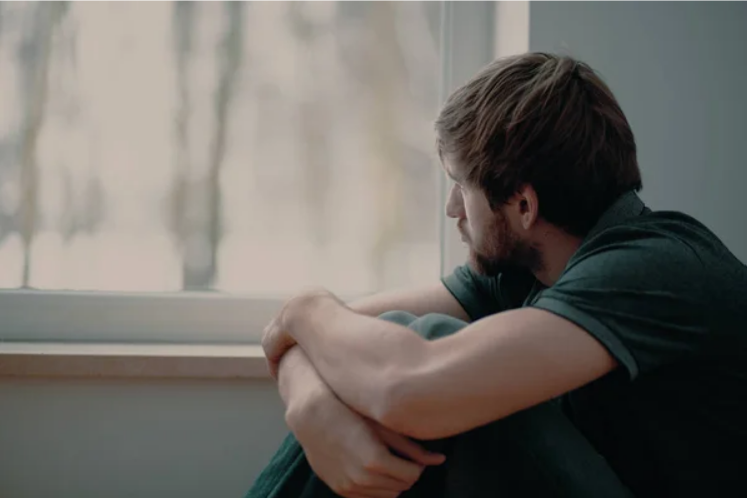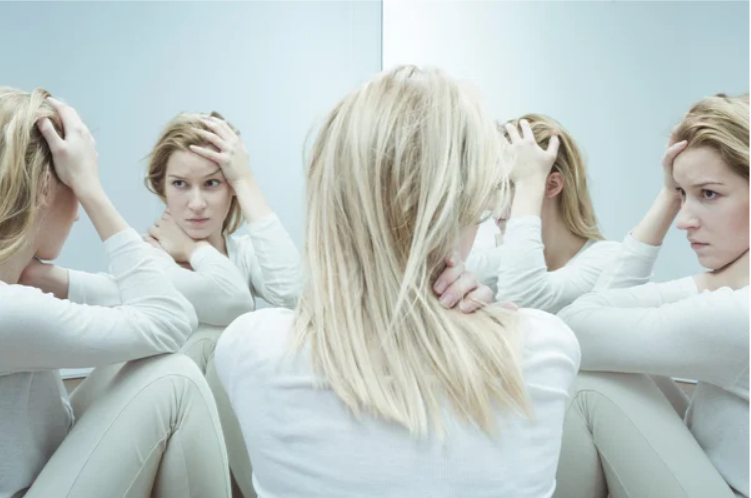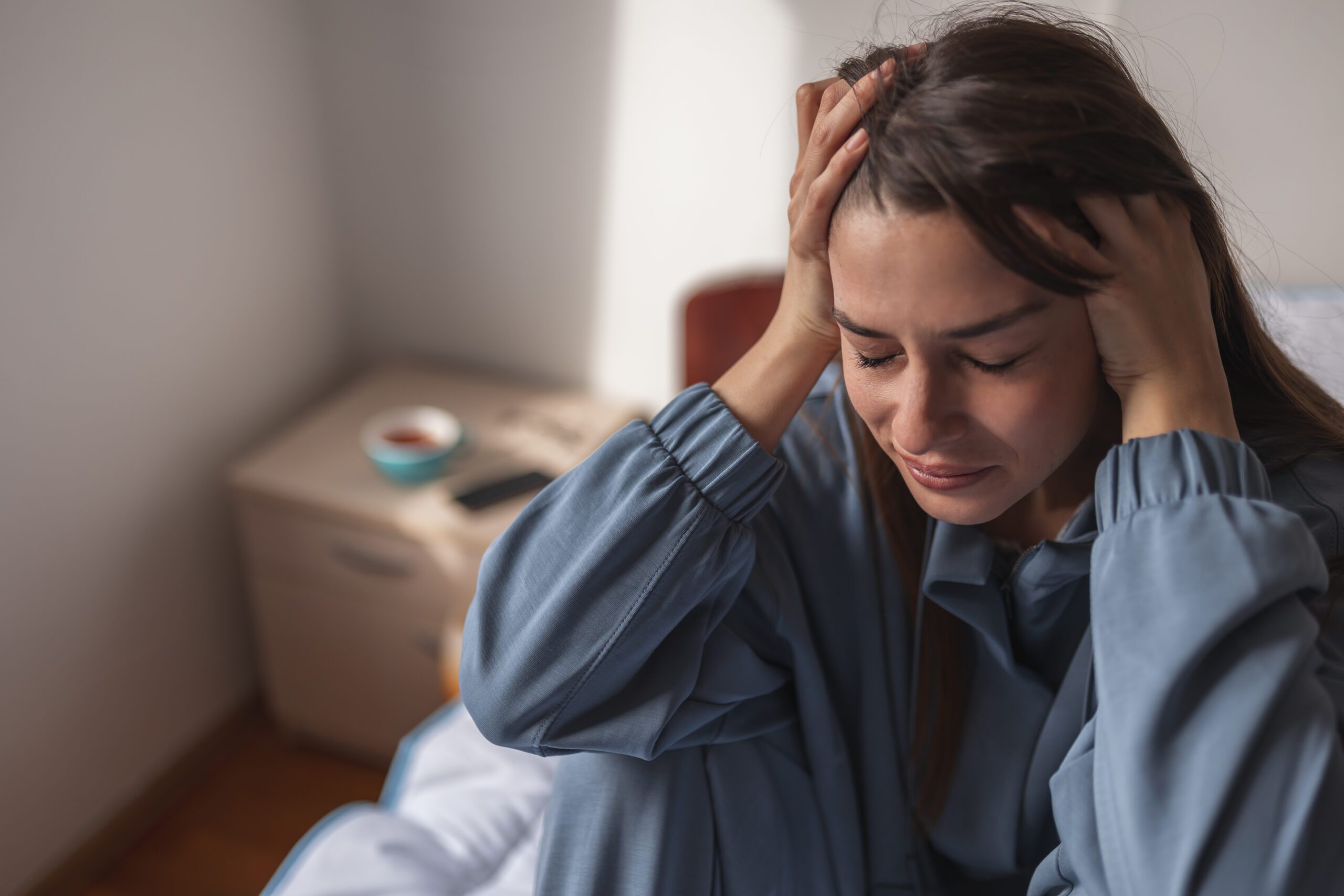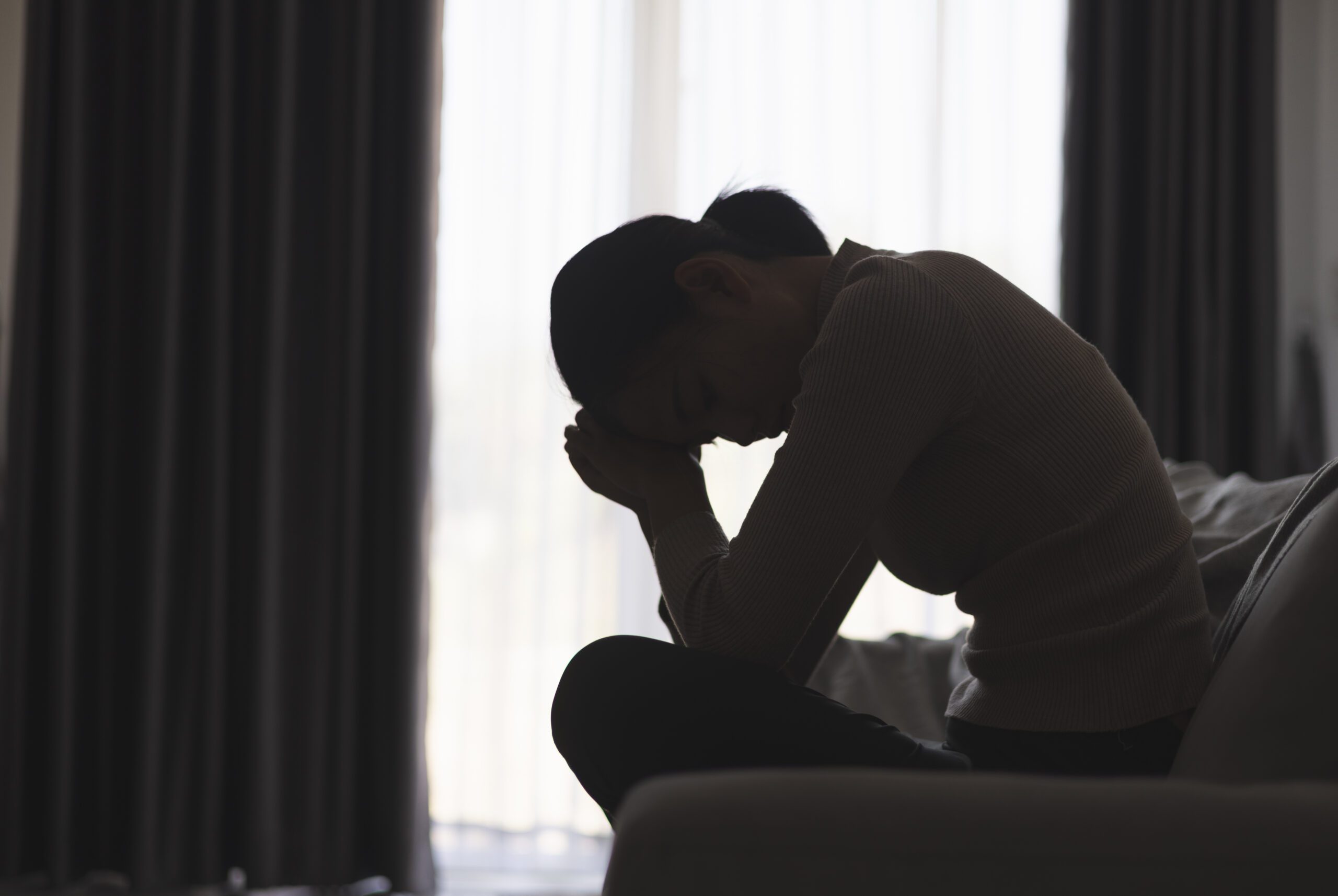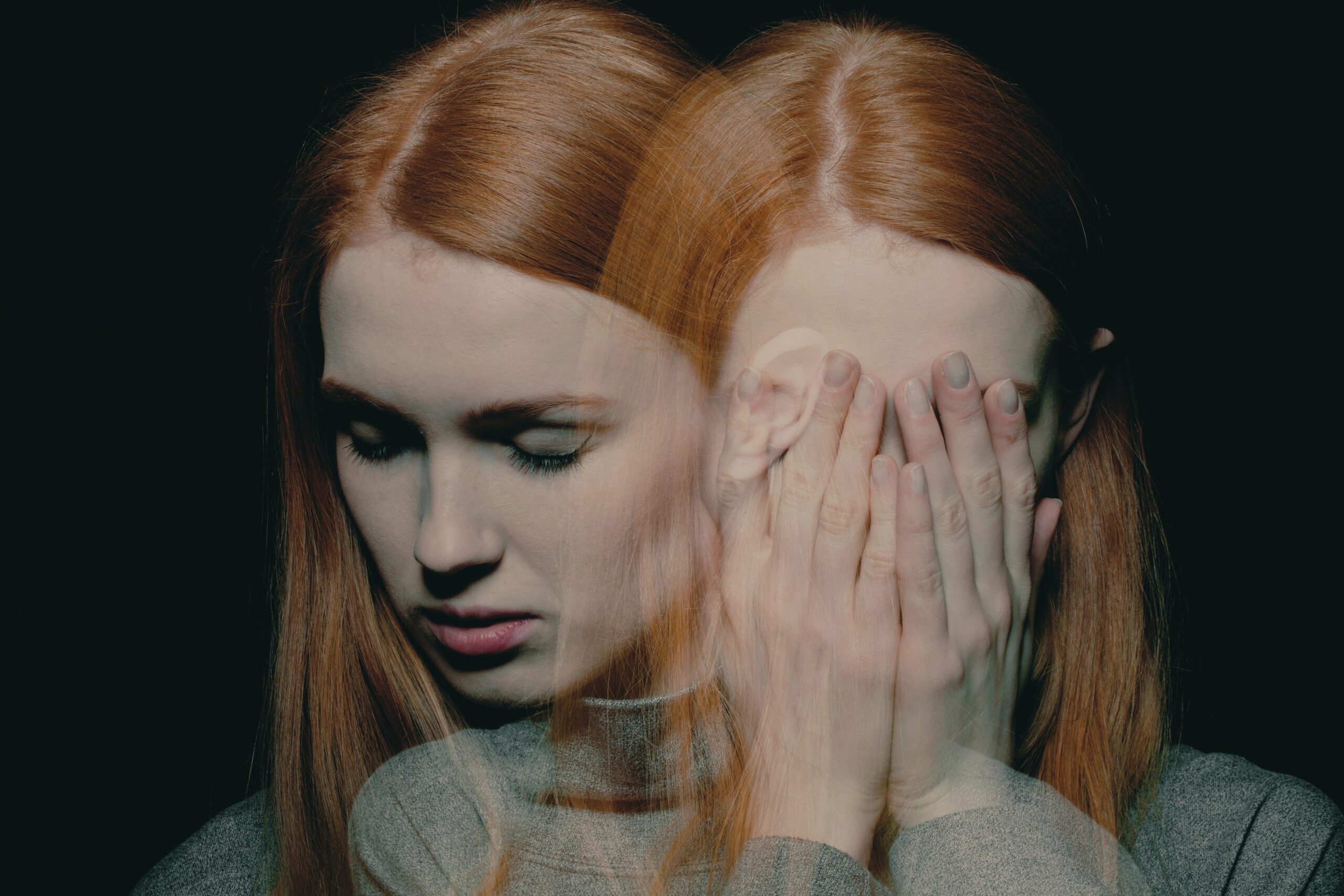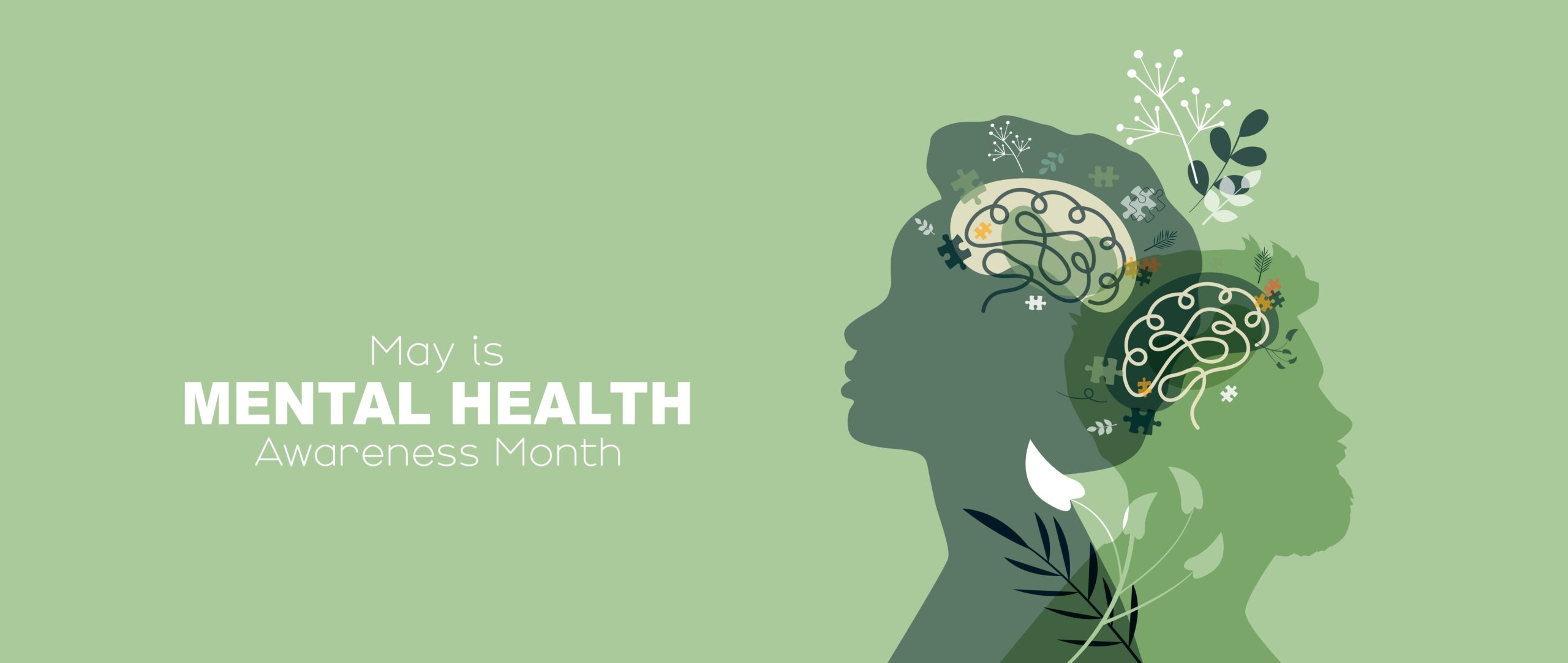Anxiety Disorders
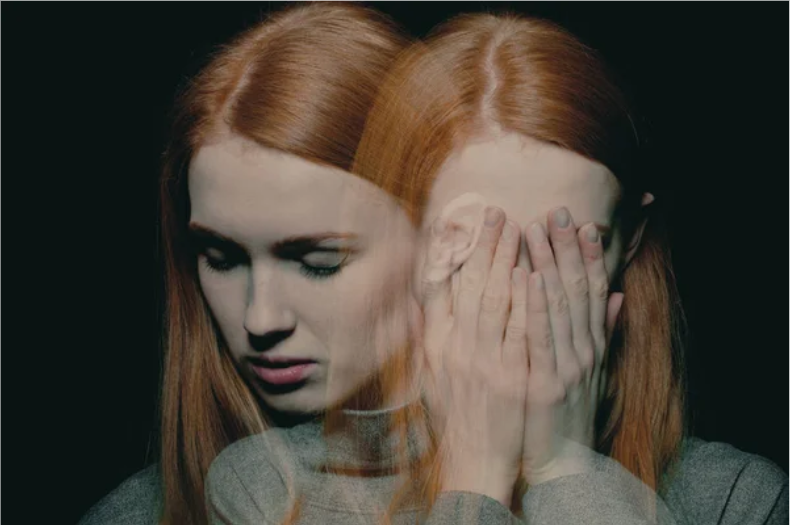
Anxiety isn’t just a feeling – it’s a disorder that disrupts lives, relationships, and dreams. If racing thoughts, constant worry, or panic attacks have become your daily companions, you know the toll it takes. It’s the missed opportunities, the strained connections, the feeling of being held captive by your own mind. But you don’t have to let anxiety define you. This guide is a lifeline for anyone seeking to break free and find their Center of Recovery.
We’ll arm you with a toolkit of evidence-based strategies, from cognitive-behavioral therapy to mindfulness techniques, that can help you manage your symptoms and regain control. This is your chance to reclaim your power, find peace, and live a life unburdened by anxiety.
What Is Anxiety Disorder?
Anxiety disorders are more than just feeling anxious. They’re a group of mental health conditions where anxiety is a chronic, excessive worry that interferes with daily activities. Imagine trying to walk through life with a constant weight on your chest, making every step a struggle.
Types of Anxiety Disorders
There are several types of anxiety disorders, each with its own unique characteristics:
- Generalized Anxiety Disorder (GAD): Persistent, excessive worry about various aspects of life.
- Panic Disorder: Sudden, intense episodes of fear accompanied by physical symptoms.
- Social Anxiety Disorder: Extreme fear of social situations and being judged by others.
- Specific Phobias: Intense fear of specific objects or situations.
- Agoraphobia: Fear of being in places where escape might be difficult.
- Separation Anxiety Disorder: Excessive fear of being apart from loved ones.
What Causes Anxiety Disorders?
-
Genetic Factors
Our genes play a significant role in anxiety disorders. If your family has a history of anxiety, there’s a higher chance you might experience it too. It’s like inheriting a predisposition to worry.
-
Brain Chemistry
The brain’s neurotransmitters, such as serotonin and dopamine, are crucial in regulating mood. Imbalances in these chemicals can lead to anxiety. Think of it as a car engine not getting the right fuel mix, causing it to sputter and stall.
-
Environmental Factors
Life experiences, especially traumatic ones, can trigger anxiety disorders. Childhood abuse, significant life changes, or a high-stress environment can all contribute. It’s like our minds are sensitive ecosystems, easily thrown off balance by external forces.
-
Personality
Some personality traits, like being a perfectionist or having low self-esteem, can make individuals more susceptible to anxiety. It’s as if certain personality types have a built-in anxiety radar, always scanning for potential threats.
Anxiety Disorder Symptoms

Physical Symptoms
Anxiety disorders can manifest physically, making them even more challenging:
- Restlessness: Feeling on edge, like you’re always ready to jump out of your skin.
- Fatigue: Constant tiredness despite getting enough sleep.
- Muscle Tension: Persistent stiffness or aches in your body.
- Sleep Problems: Difficulty falling or staying asleep, leading to insomnia.
- Panic Attacks: Sudden, intense episodes of fear with heart palpitations, sweating, and shortness of breath.
Emotional Symptoms
The emotional toll of anxiety disorders can be profound:
- Constant Worry: Endless worrying about various aspects of life.
- Irritability: Feeling easily annoyed or frustrated.
- Concentration Issues: Difficulty focusing on tasks or remembering things.
- Fear of Losing Control: An overwhelming sense of impending doom.


